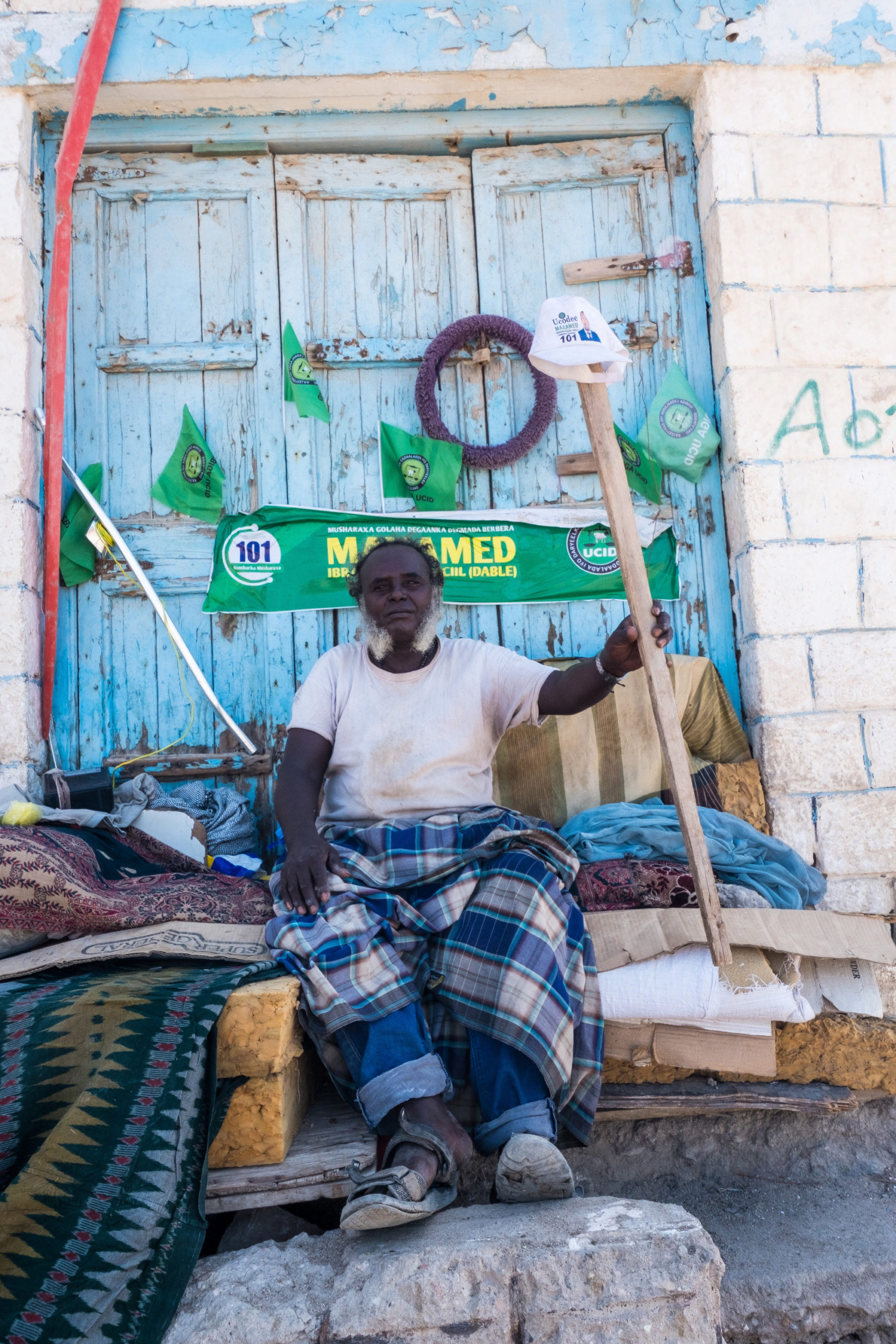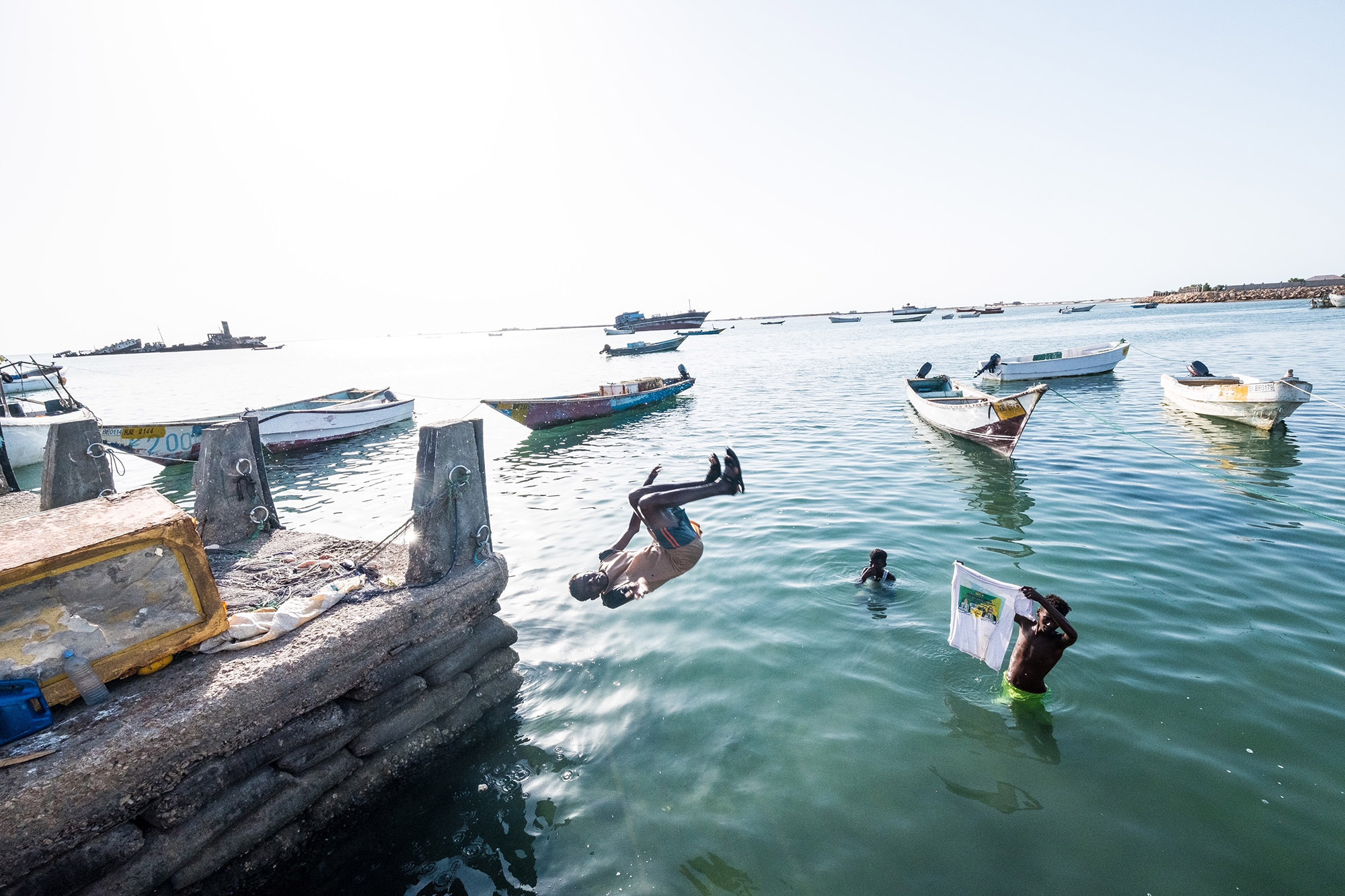Somalilanders go to the polls to boost their claim for independence.
The self-declared independent Republic of Somaliland conducts its first parliamentary elections in 16 years on Monday, 31 May, hoping that by demonstrating its ability to hold a competent, democratic and peaceful poll it will boost its case for international recognition.

Though officially recognised only by Taiwan, Somaliland has been a de facto independent, peaceful and relatively democratic state for 30 years, after breaking away from tumultuous Somalia to the southeast in 1991. It held its first parliamentary elections in 2005 and was supposed to have held further elections every five years since. But for many reasons — not least members of Parliament wanting to hang on to office — it has not held one since. With a young minimum voting age of just 15, this means many Somalilanders voting on Monday would not yet have been alive for the last election.
After 16 years, not a single sitting MP is contesting Monday’s election, due to death, retirement or just a waning of interest. A total of 246 fresh candidates from all three of the country’s parties will contest the 82 seats in the lower house or National Assembly. Voters will also choose from among 522 candidates for 342 district council seats. Of all these 768 candidates, only 28 are women: 13 for Parliament and 15 for district councils and five are minorities. Gender activists are working to redress the huge imbalance.
Under Somaliland’s constitution, only three political parties are allowed — ostensibly to try to avoid the prior one clan, one party chaos. Nevertheless the clan influence on the partie
and on the country’s politics in general remains strong. The ruling Kulmiye party faces stiff opposition on Monday from the two opposition parties, Waddani and the Justice and Welfare Party (UCID).

But Somaliland’s President Musa Bihi Abdi claims to be indifferent to — and even to welcome — the prospect of opposition gains, insisting that all Somalilanders are united by a common vision to better their country and to win international recognition for it.
This sentiment may not be entirely rhetorical as party allegiances are weak. Kulmiye is theoretically liberal and the other two more or less socialist. But most of the 1,065,847 registered voters — of a population of about 5.7 million — are expected to vote for individuals rather than parties. The country has a hybrid voting system that South Africa could usefully emulate.
Though the total vote for a party determines the number of its seats in Parliament, those seats are allocated to individuals according to the votes they themselves won — and not according to a party list drawn up in smoke-filled rooms. Voters were registered using a
sophisticated iris-recognition electronic system which was also intended to verify voters at the country’s 2,709 polling stations. But due to Covid-19 related supply problems, it will not be used on Monday.
Abdirashid Mohamoud Ali, chairperson of the National Electoral Commission, says the commission is independent and that the country’s six previous elections since multiparty democracy was introduced in 2001 by referendum have all been peaceful, free and fair and testified as such by the international community.
The six previous polls comprise the 2005 parliamentary elections, presidential elections in 2003, 2010 and 2017 and two district-level elections, in 2002 and 2012.
Because the international community does not officially recognise Somaliland, the usual regional and international organisations do not observe or monitor its elections. This one is being observed by a team of 28 international observers organised by South Africa’s private Brenthurst Foundation and led by former Sierra Leone President Ernest Bai Koroma and a team of 12 international observers of the University College of London, led by that university’s Professor Michael Walls and sponsored by the British government.
The main election monitoring, though, will be done themselves, by about 800 Somalilanders in a sophisticated operation organised by the Somaliland Non-State Actors Forum (Sonsaf), an umbrella body of traditional leaders, civil society organisations, religious groups, business and other organisations.

Abdi told the Brenthurst Foundation monitors this weekend that the elections would contribute to Somaliland’s quest for independence. “This is one of the milestones we’re going through… showing we are an independent democratic free market nation capable of administering ourselves in a peaceful way.”
Clearly, though, democracy and freedom in Somaliland are still a work in progress. Sakaria Ahmed, chairperson of the Somaliland Journalists Association (Solja) representing all of the country’s media, assesses that “media freedom is improving”.
One of his criteria, though, is that this year the government has not closed any media houses — where last year it permanently shut down three, the Universal TV network and two newspapers. Solja’s media monitoring coordinator, Ilyas Abdillahi Abdirahman, adds that Solja has recorded 12 arbitrary police arrests of journalists over the past four months — though he adds all were later released.
Ahmed suggests nonetheless that the Somaliland media environment is freer than that of its neighbours, Somalia, Eritrea and Djibouti. Aly Verjee, a fellow of the Rift Valley Institute and a Brenthurst Foundation monitor, suggests dryly that Solja is “setting the bar rather low,” considering that these neighbours are rather autocratic states.
Ahmed also notes that while the Somaliland government places no limitations on registration of TV networks — of which there are 35 — and newspapers, it restricts the number of radio stations to just one, the national broadcaster. And this is frankly because the government knows that most Somalilanders, especially in the rural areas, get their news and opinions from the radio.
In light of the restrictions on the number of radio stations and of political parties, Verjee characterises Somaliland as a “managed democracy”.
Will Monday’s election be peaceful? Most officials and observers seem to believe so though Sonsaf executive director Ayan Hassan says the counting period could get heated, as the competition for parliamentary seats is intense, especially in some areas. Jama Musse Jama, director of the Red Sea Cultural Centre, believes the fiercest contest will be in the eastern region of Sool, where the candidates of all three parties aspiring to be Speaker (leader) of Parliament are in the political ring together.
Jama also notes that there is one small part of Sool’s border with Puntland — a state of federal Somalia — where conflict could erupt because of a dispute among members of the same clan over grazing rights.
And whether this election will indeed, as President Abdi hopes, much advance the country’s goal of international recognition, is unclear.
So far only one other, itself barely recognised state, Taiwan — which China claims, with growing belligerence, as a renegade province — has recognised Somaliland. Since last year its blue, red and white flag has been flying over the capital Hargeisa’s low-rise skyline, when it opened a “Taiwan Representative Office” — in effect an embassy — in the capital, though even Taiwan dare not openly call it that.
Somaliland bases its legal claim to independence on the peculiar circumstances of its birth. It lies on the Gulf of Aden, squeezed between Somalia to the east, Ethiopia to the south and southwest and Djibouti to the northwest. During the colonial era it was a British protectorate, separate from Somalia which was an Italian colony. At the moment of its independence in 1960, Somaliland was therefore still a separate state. So it claims that claiming independence does not violate the Organisation of African Unity’s decree that Africa’s borders at independence should not be altered. Somaliland is, therefore, “not a secessionist state,” Abdi insists.
Somaliland claims it was forced grudgingly into an unhappy union with Somalia in 1961. In 1982 Somaliland, under the banner of the Somali National Movement (SNM) launched an armed struggle against the brutal Somali military dictator Siad Barre. After he was toppled at the end of a very bloody war, on 18 May 1991, the SNM ended the “unlawful marriage” with Somalia and declared the independent state of Somaliland. Hargeisa, about 100km from the coast, was then just “rubble with few buildings standing,” says Finance Minister Saad Ali Shire, after constant bombing by Barre’s air force. Landmines littered much of the country.
Though the streets of the capital still make even Johannesburg’s potted arteries feel like a skating rink by comparison, for the past 30 years, it has slowly recovered, pulling itself up by its own bootstraps — “without a Marshall Plan”, says Shire, meaning largely without foreign aid because of its lack of official international recognition.
This robust self-reliance suggests to Democratic Alliance leader John Steenhuisen, another Brenthurst Foundation election monitor here, that Somaliland should be called “the little country that could”.
Though it has been an oasis of peace and steady development in a turbulent region, Somaliland remains very poor. Its economy is still tiny, with an estimated GDP of just $2.5-billion and a GDP per capita of $475 a year, one of the lowest in the world. The economy largely relies on exports of livestock to the Gulf and remittances from the 600,000-strong diaspora.
By Peter Fabricius
Daily Maverick





























